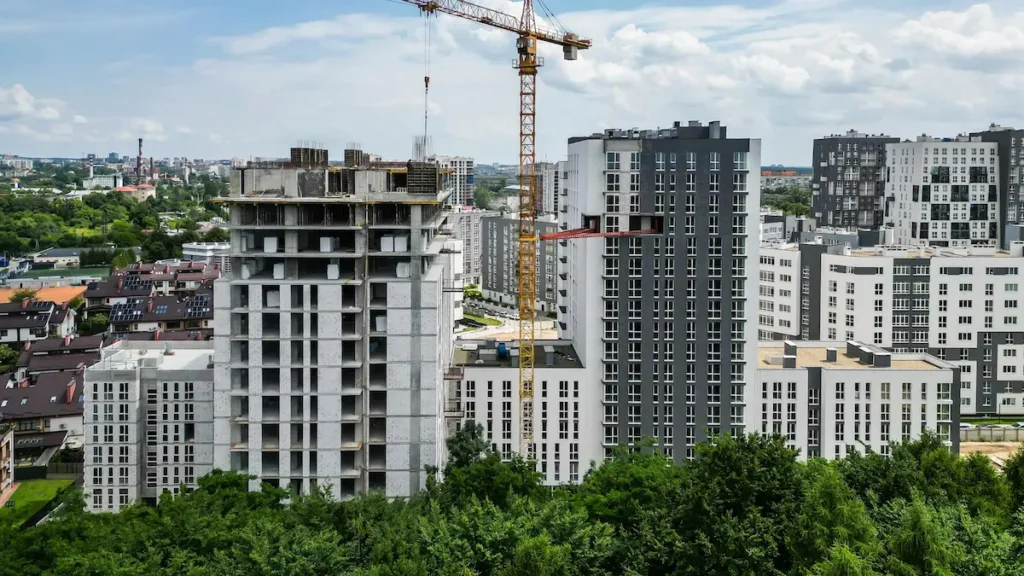At first glance, the term liquidity might seem complex. In reality, it means the ability of an asset to be converted into another asset, such as cash, without significantly affecting its price. When it comes to real estate, liquidity refers to the ability to quickly sell a property at a price close to market value. If it is difficult to sell, buyers are not interested, and the price has to be significantly reduced, the property is clearly not liquid. This is important for anyone looking to buy real estate or hoping to sell it at a high price.
How to Assess the Liquidity of a Real Estate Object
To learn how to determine liquidity, you need to understand the methods of obtaining information. The main sources are:
- Market Situation. Spend some time tracking how quickly similar properties are sold or rented. This directly indicates their liquidity.
- Demand Analysis. If many people are interested in similar properties in the area, they can be considered liquid.
- Supply Analysis. Analyze how many similar properties are on the market. This also affects the ability to sell quickly.
Besides, you will need to analyze many characteristics of the property itself, which we will discuss further.
Earlier we wrote: What is Car Leasing, What Types Exist, and How Does Leasing Work?

Signs Indicating High Liquidity of a Real Estate Object
Even a non-specialist can easily assess the signs indicating high liquidity and the potential to sell or rent it easily in the future:
- Prime Location. For residential and commercial properties, this primarily means transport accessibility, good roads nearby, and developed social infrastructure such as educational and medical institutions.
- Age and Condition of the Building. Apartments in new buildings attract with good layout and technical characteristics, while those in historic buildings offer a sense of history and are located in historic parts of the city. A typical “Khrushchyovka” may only attract with its affordable price.
- Transport Accessibility. Good roads and the presence of public transport stops significantly increase the demand for real estate.
- Space and Layout. A spacious, well-planned apartment will attract many more buyers than a cramped one with walkthrough rooms.
- Presence of Renovation. Even if the building is not new, quality wiring and plumbing, and freshly wallpapered walls significantly increase its liquidity. However, an overly “fancy” designer renovation might backfire as it may not appeal to others and no one wants to pay for something they will have to redo.
- Additional Options and Amenities. A private parking space or a parking spot, a cargo lift, or a bomb shelter in the building significantly increase the liquidity of a property.

What Lowers Real Estate Liquidity?
If you don’t want to buy a property that can only be sold at a significant discount, pay attention to the following drawbacks:
- Location in an Old Building with Worn Pipes and Wiring. You can do a cosmetic repair or replace pipes in the apartment, but this won’t solve the problem of a damp basement and old distribution panels.
- Unauthorized Replanning. It is impossible to buy or sell such a property legally, so it is better not to take risks.
- Documentation Issues. Was the building constructed in violation of laws? Does part of the apartment belong to a distant relative who has disappeared? Was the property acquired through dubious means? The liquidity of such a property is close to zero.
Selling non-liquid real estate will be difficult. You will have to significantly lower the price or try to fix something yourself, for example, do repairs to increase it. Buying such properties is also risky as their value may decrease even more over time.
Real Estate Liquidity in Simple Terms – Video
To better understand what real estate liquidity is, watch a video with simple explanations:
Conclusion
Real estate liquidity is an important factor to consider when buying or selling a property. It allows you to estimate how easy it will be to sell the property at a fair price. Liquidity analysis helps to avoid risks and make an informed decision about real estate investments.
Frequently Asked Questions About Real Estate Liquidity
Yes, and we all have seen it. The liquidity of a real estate object increases if, for example, a good road is built to it or a new metro station opens nearby.
Yes, it is possible to make forecasts, but it requires a thorough study of the market and its trends.
Improving the position of real estate on the market can be achieved by making minor repairs.
Although specialists usually determine the true value of real estate, one can also analyze factors affecting liquidity and draw appropriate conclusions.
Non-liquid real estate is difficult to sell. Over time, it may lose value and require new expenses.











